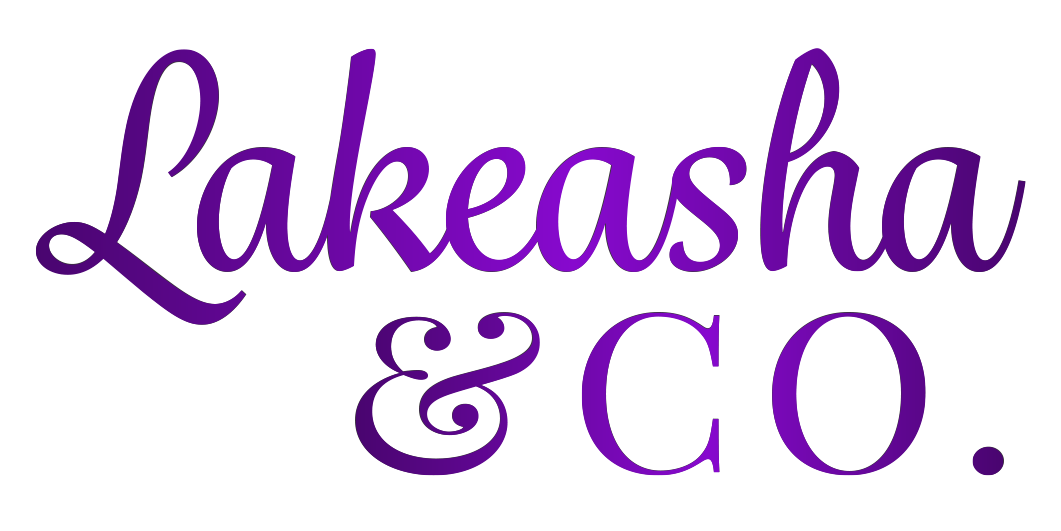Selling your brand is necessary when you live in an experience economy where your success is based not on your years of service but on what you deliver and how you deliver it.
YOUR IDEAL CLIENT & COMPETITORS
Other than you, the person who has the most control over your brand and can influence how that brand is perceived is most likely your ideal client. This means that the person that you most want to influence with your brand is your ideal client.
Your competitors are almost as important because they, too, must support who you are and work together with you on projects if you align with them correctly instead of competing. If you haven’t partnered with your competitors in a mutual show of support, they can turn their attention to sabotaging you instead.
To be successful in this online world,, you must understand the needs of your clientele and competitors because they are your audience. If you’re unsure what they need, ask them. Build the strength of your brand by providing excellent service to them and making yourself indispensable. Go beyond the “that is not my job” mentality and show your audience what an asset you are.
You need to find ways to use all of your strengths, skills, and talents in your industry. You’ll always be better at improving your strengths than trying to improve your weaknesses, so find projects that highlight your talents.
YOUR IDEAL CLIENT & COMPETITORS
Other than you, the person who has the most control over your brand and can influence how that brand is perceived is most likely your ideal client. This means that the person that you most want to influence with your brand is your ideal client.
Your competitors are almost as important because they, too, must support who you are and work together with you on projects if you align with them correctly instead of competing. If you haven’t partnered with your competitors in a mutual show of support, they can turn their attention to sabotaging you instead.
To be successful in this online world,, you must understand the needs of your clientele and competitors because they are your audience. If you’re unsure what they need, ask them. Build the strength of your brand by providing excellent service to them and making yourself indispensable. Go beyond the “that is not my job” mentality and show your audience what an asset you are.
You need to find ways to use all of your strengths, skills, and talents in your industry. You’ll always be better at improving your strengths than trying to improve your weaknesses, so find projects that highlight your talents.
- What do you want to be known for in your industry?
- What are you already good at?
- What do you need to learn to develop the niche that can help your ideal clients the most?
Learn to be a resourceful problem-solver.
BUILD CREDIBILITY
Here are some suggestions for building your credibility:
- If you read an article, take a course, or participate in a seminar that addresses issues that affect your industry,, take the initiative to write a brief overview of what you learned that may be useful to your ideal clients.
- Volunteer for a project that no one else will take on and make it look interesting to those observing you.
- Even if your client doesn’t request it, submit a short status report once a week, on the same day each week, so that you establish a pattern of proactively communicating your successes and ongoing efforts.
- If communication with your clients needs improvement, ask your clients if you can implement a regular (weekly, biweekly, or monthly) breakfast or lunch meeting to share success stories, concerns, and ideas.
- Create a how-to or resource manual for your niche that can help others who can benefit.
- Be a person with integrity. Make sure that your words and actions are congruent. You build a stronger brand when people know that they can count on you to do what you’ve promised. If you’re a leader, integrity is an especially crucial quality because people will want to work for you.
BUILD A STRONG RELATIONSHIP WITH YOUR IDEAL CLIENT
Here are a few specific tips for creating an excellent relationship with your ideal client:
- Communicate your goals and understand your client’s priorities. Start by building the best working relationship with your client that you can. If necessary, adjust your communication style to match her style so that you’re communicating according to her preferences.
- Along those same lines, don’t assume that you understand what your client’s priorities are. Ask her to outline for you what work is most important to her and how you can best deliver that work.
- Be a problem-solver, not a problem-creator. Be known as the person who solves the problems, not the person who creates them.
- Get results. Talk about stating the obvious, right? But think how many times you’ve watched people expect to be rewarded when all they’ve done is show up to work. (“Great job, Joe — you didn’t call in sick!”) One of the best ways to build your brand is to be excellent at what you do and to get results. Us, Entrepreneurs like results.
Remember: Your clients can help you build your brand or tear it down. Do what you can to make the relationship work or work to find a situation where you can grow into your better self.
